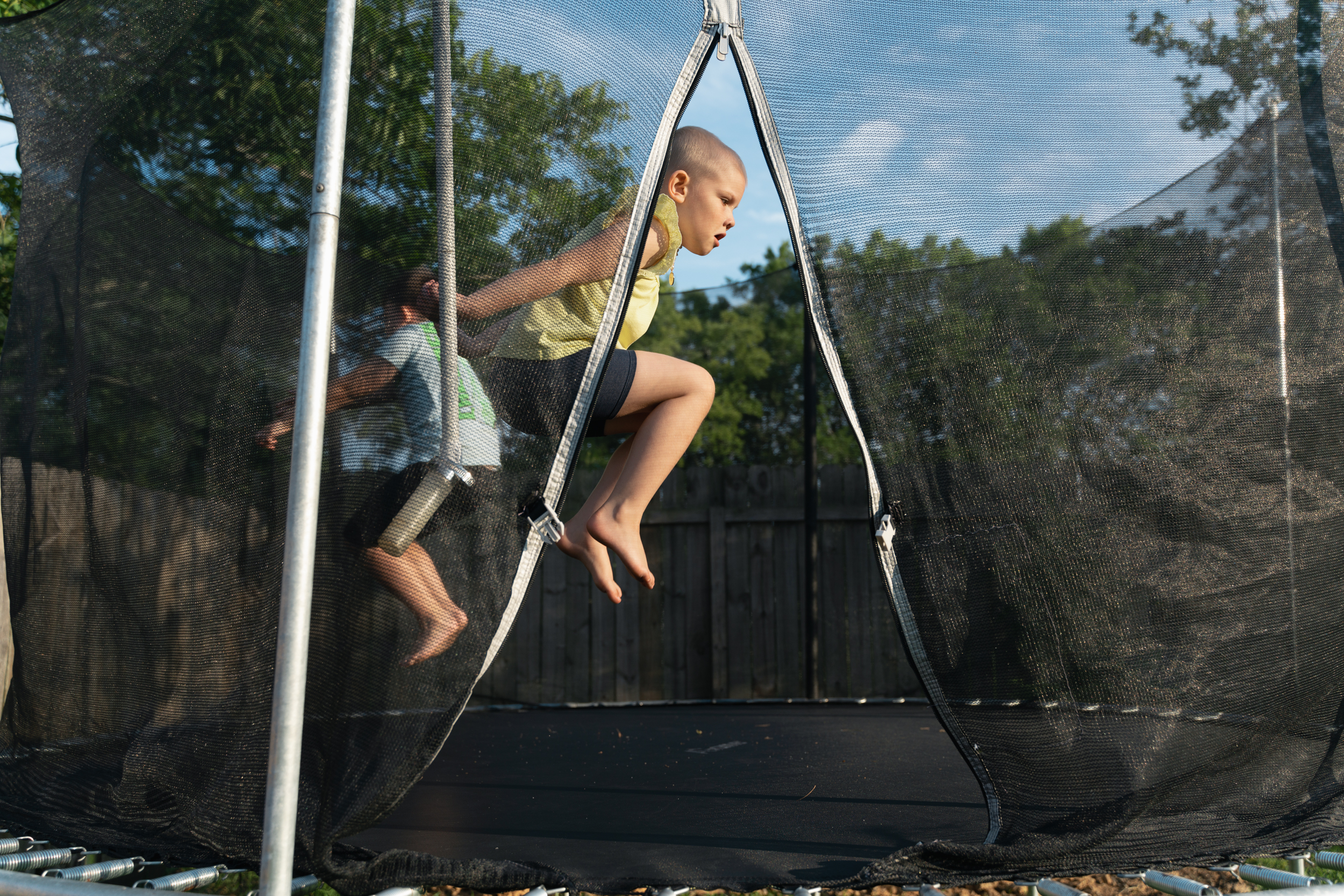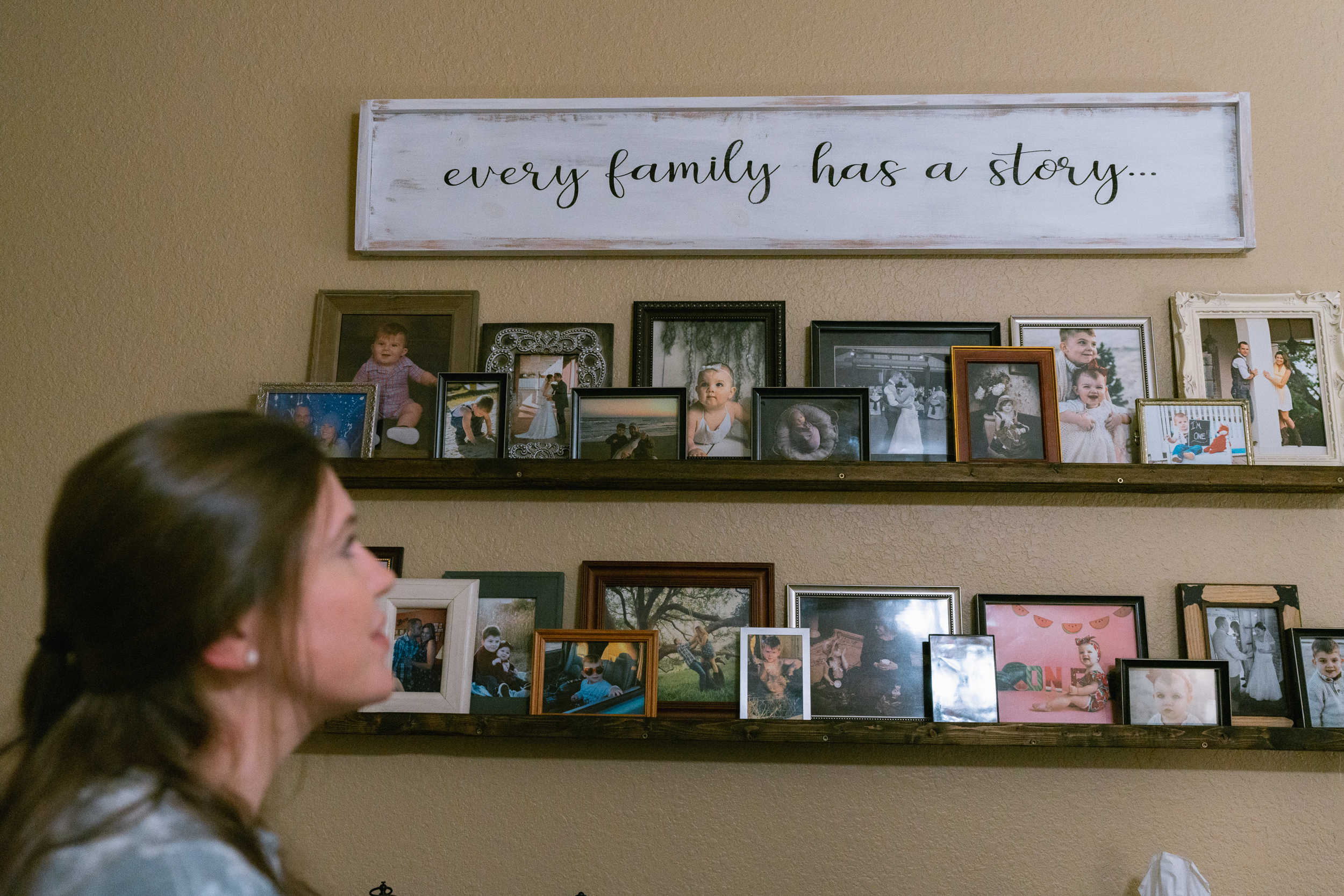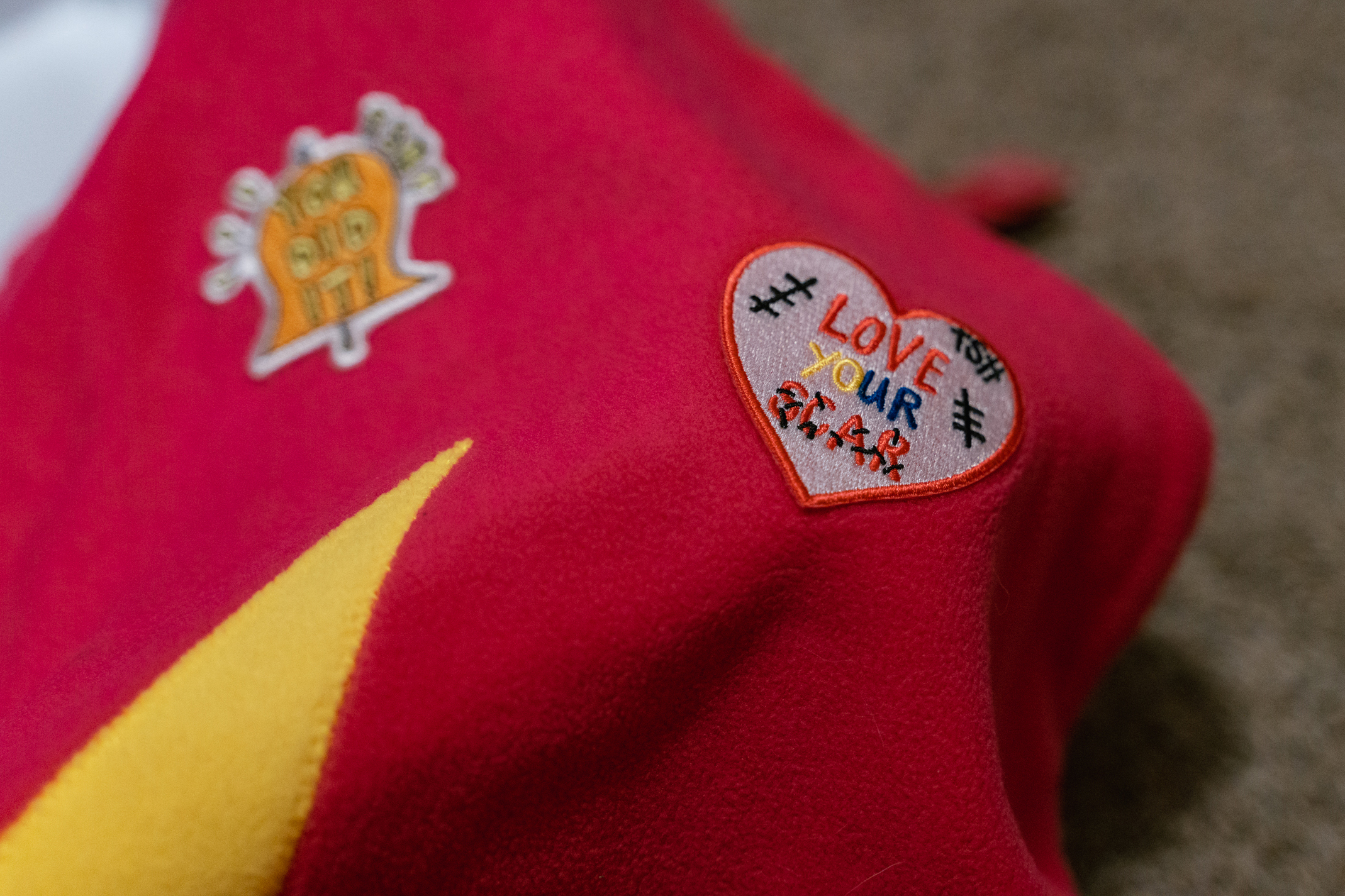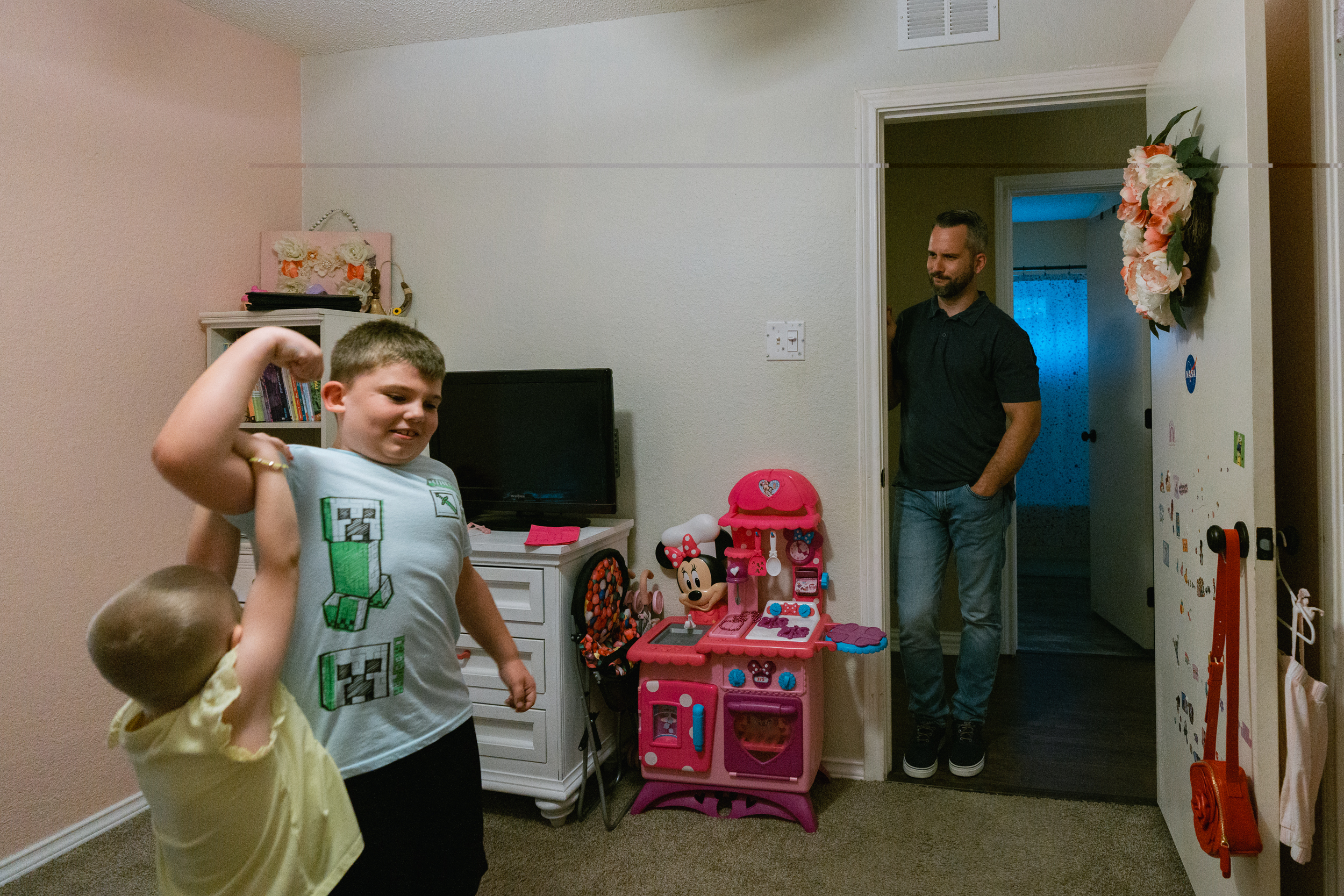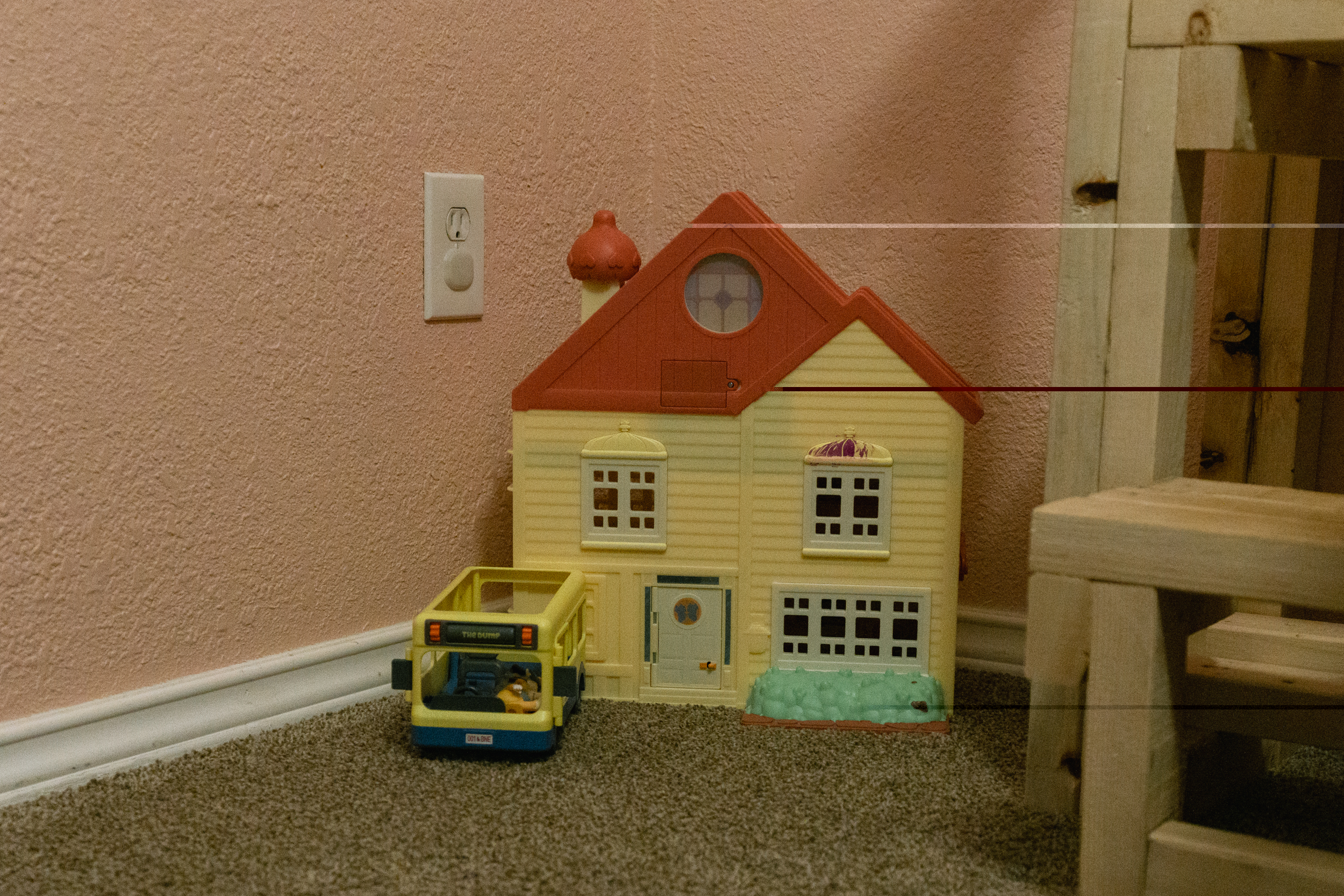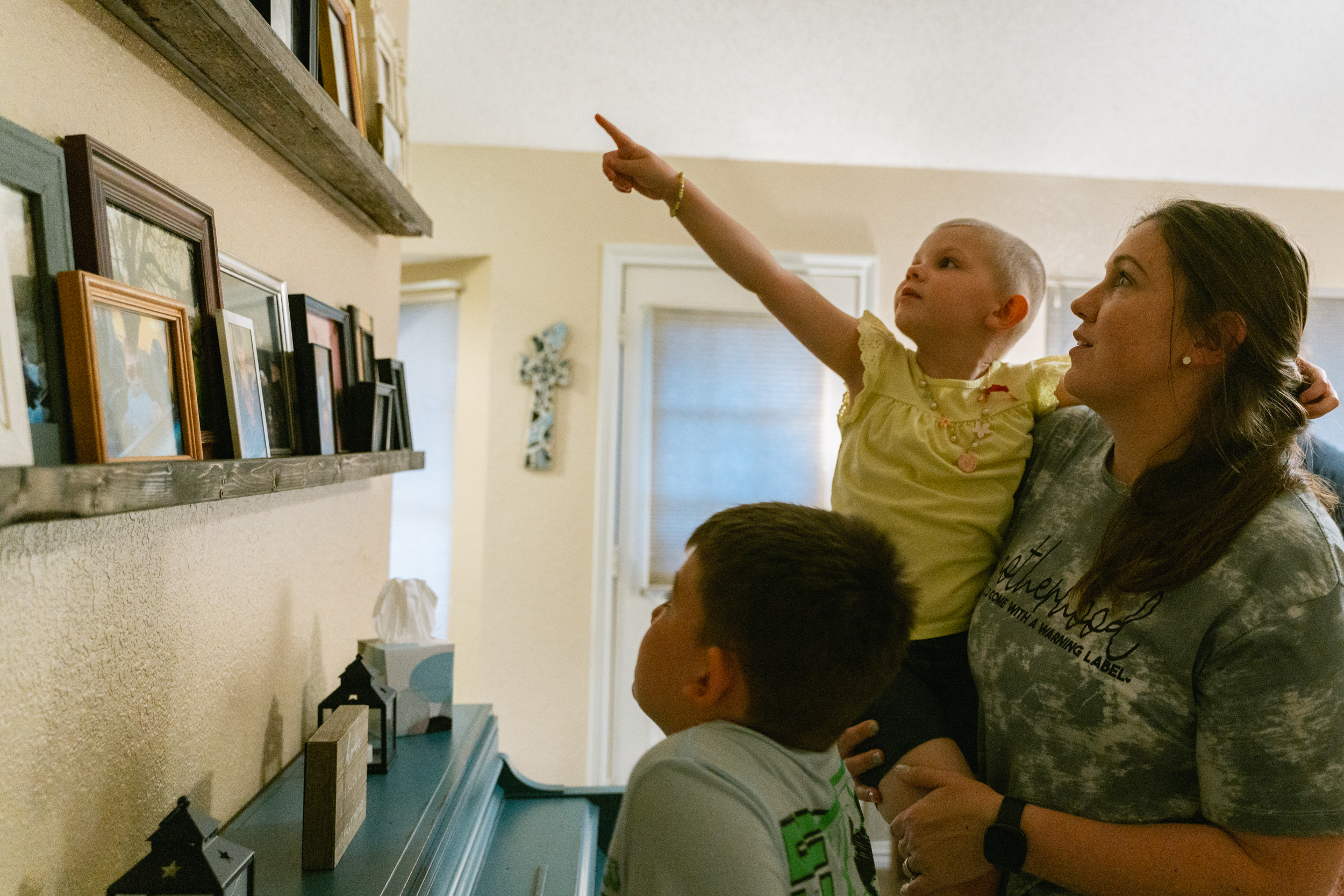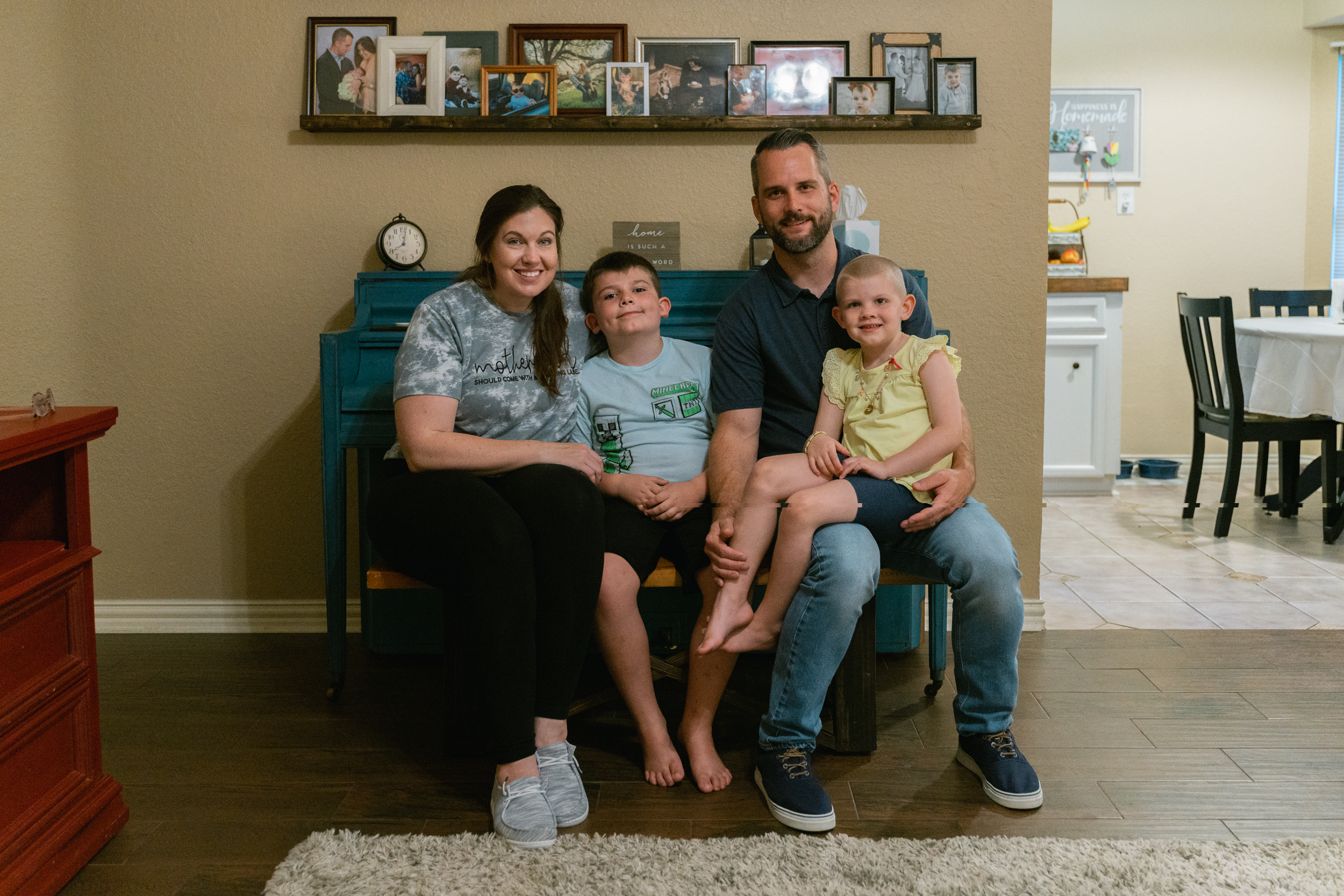|
Getting your Trinity Audio player ready...
|
Maggie Ponshock had picked out a backpack. A little lunch box. She had a first-day-of-school outfit. The newly minted 4-year-old was ready to join her brother, Mason, at the big kid school. He’d start first grade, and she’d begin prekindergarten.

Then came the tummy ache.
It started on Sunday, Aug. 7, 2022. By Thursday, when Maggie — still round and babyish, with her wispy hair and Coppertone butt — was screaming from belly pain, her mother Meagan Ponshock called the doctor.
Bring her in first thing tomorrow, the doctor instructed.
Maggie’s a girl who knows what she wants — and when she wants it. Always has been. But she sat still for a blood test. And urine samples. Even though those are the last thing any 4-year-old wants to do on a warm summer day. There were Disney princesses to play with at home. Outfits for dress up. Stuffies and sunshine.
When the surgeon entered the room, Meagan tensed. Surgeons don’t handle routine tummy troubles.
It was cancer.
Maggie was moved to Texas Children’s Hospital in the Texas Medical Center, for what became a 16-day stay – a nightmare compounded further by more than $200 in parking costs. She missed her dad, Greg’s, birthday, when surgeons spent eight hours extricating a cantaloupe-sized tumor from her kidney. She missed the first day of prekindergarten. Mason’s first day of first grade.
And when her parents finally loaded her into the car for the drive home to Alvin, they were met with a crossing arm at the edge of the parking garage. They’d switched shifts a few times and knew the drill: Insert the ticket and wait for the total charge to appear on the screen. Then pop in a credit card and try to feel like it wasn’t salt on the ugliest wound their family could imagine.
In the coming months, Maggie and her parents would spend 78 nights living in hospitals — in stretches both long and short. And they’d shell out thousands just to park in one of the TMC’s many garages.
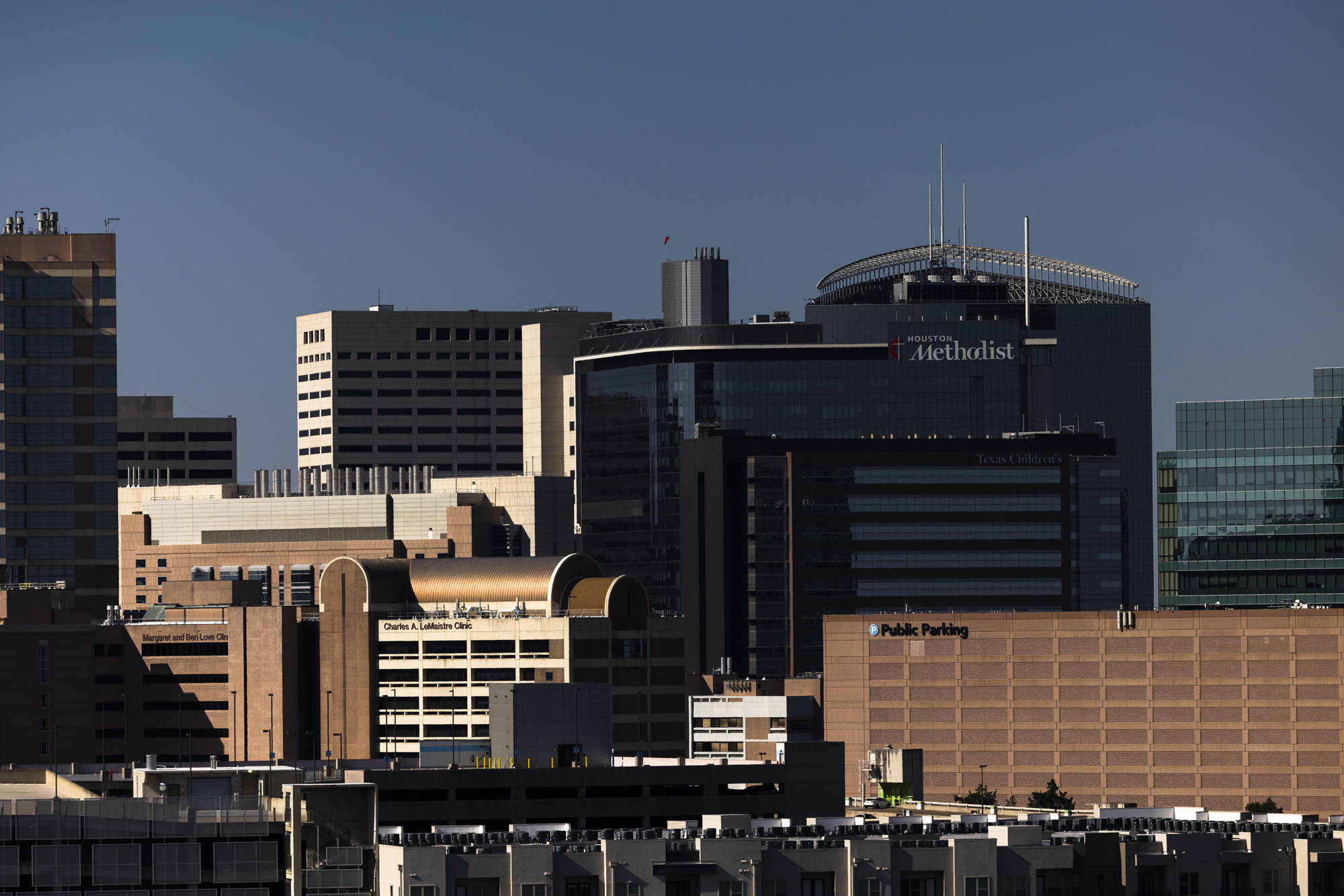
A ‘parking business’
The 1,345-acre Texas Medical Center is, in many ways, its own city within a city. With more than 100,000 employees, 50,000 students and 160,000 daily visitors in its geographic bounds, its population can, at times, dwarf that of Conroe and The Woodlands combined. That requires infrastructure like a police force and, yes, lots of parking, both operated by the TMC’s nonprofit arm.
And that parking, while expensive to create and maintain, is a major revenue stream. When the Ponshocks first checked in for Maggie’s treatment, the cost of parking for 10 to 24 hours in a TMC garage was capped at $15. But in January, TMC issued its second rate hike in five years, increasing the cost to $19.
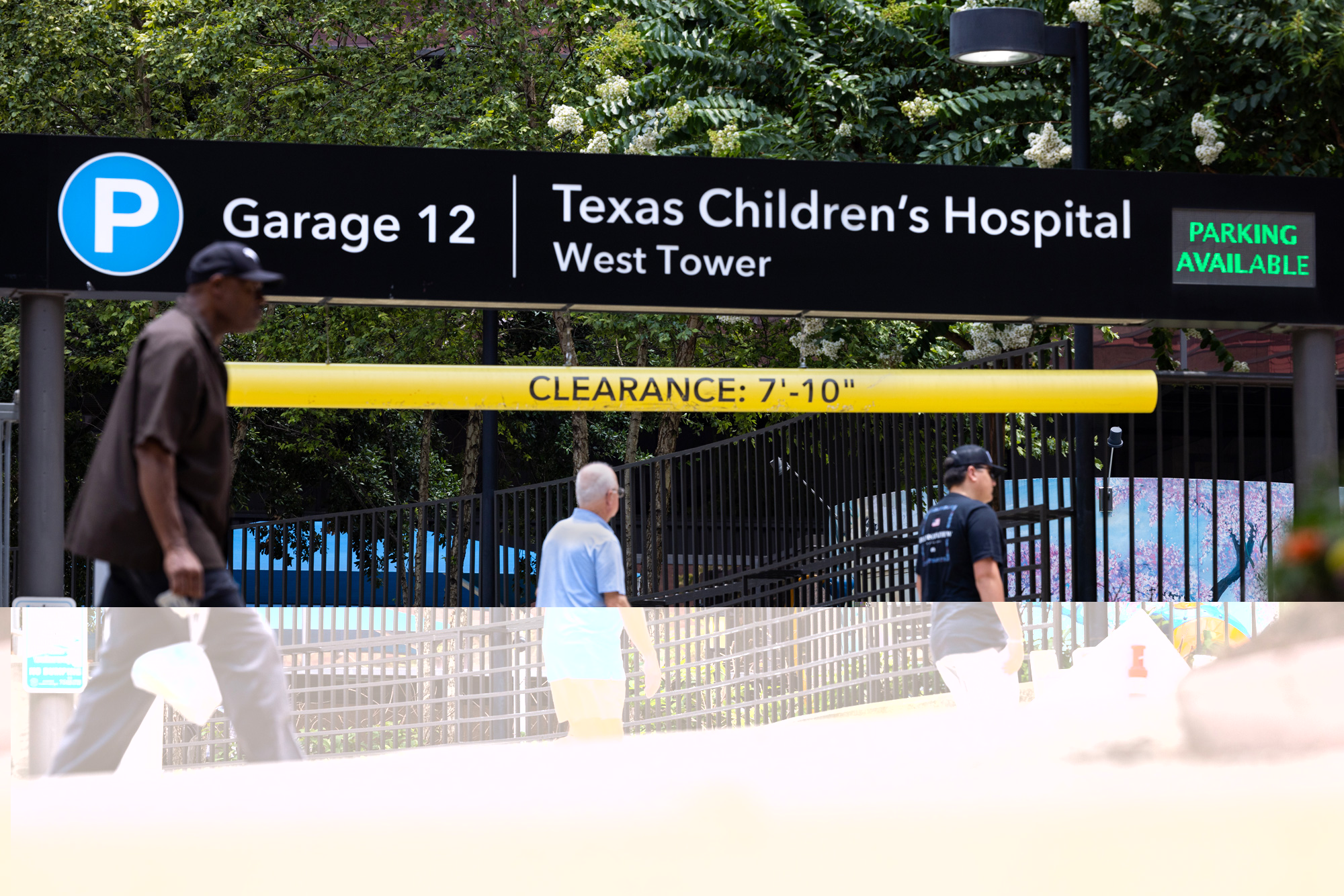
TMC owns 11 garages throughout the district, as well as three surface lots. Others are operated by individual hospitals, with a range of rates. At Houston Methodist Hospital’s Scurlock Tower, for instance, the daily cap is $15. But more and more, TMC is taking over the job of parking development and management.
“We run a parking business here,” TMC CEO Bill McKeon told me earlier this spring as we sat in his sunny, spacious sixth-floor office at the center of the medical complex. During our hour-plus interview, he walked me to the window a few times to point to cranes and nascent buildings joining the ever-changing skyline. “All the investments we’ve made over the last 50 years are these — some of them very ugly — parking garages. And we did that because member institutions asked us to, because they couldn’t raise another $200 million.”
That’s the cost, McKeon says, of the new parking garage being constructed at the Helix Park complex sprouting from what was once a 37-acre parking lot that generated $3.6 million in annual revenue.
“Believe me,” he said. “If we didn’t have to build another parking garage, we’d be happy with that. But the flip side of what that has allowed us to do is all the profits that we make from that, we either pay back on the debt, which we have a lot of, or we pay it into building out the Innovation Factory, or building parks, or building research.”
Helix Park has already cost the TMC $400 million “just building out all the parks and streets and infrastructure,” McKeon said. This new collaborative expansion, flush with bells and whistles, could very well be the place where cancer is cured. And revenue from the TMC’s 26,800 parking spaces could make it possible. But must it be funded off the backs of families and patients who simply need a place to park during treatment?
“It’s a common question that always comes up: Why not give it away for free?” he said. Then he took me back in time to when he was a student. “And so you know, I’m sorry. I remember it from my environmental science: There’s no such thing as a free lunch.”
Just down the hall from McKeon’s office sits Wolfgang Puck’s restaurant, where you can order a $42 steak. That’s certainly not a free lunch. But diners there do enjoy a perk: Their parking is comped. If the let-them-eat-steak crowd can enjoy free parking, there’s obviously wiggle room in the bottom line.
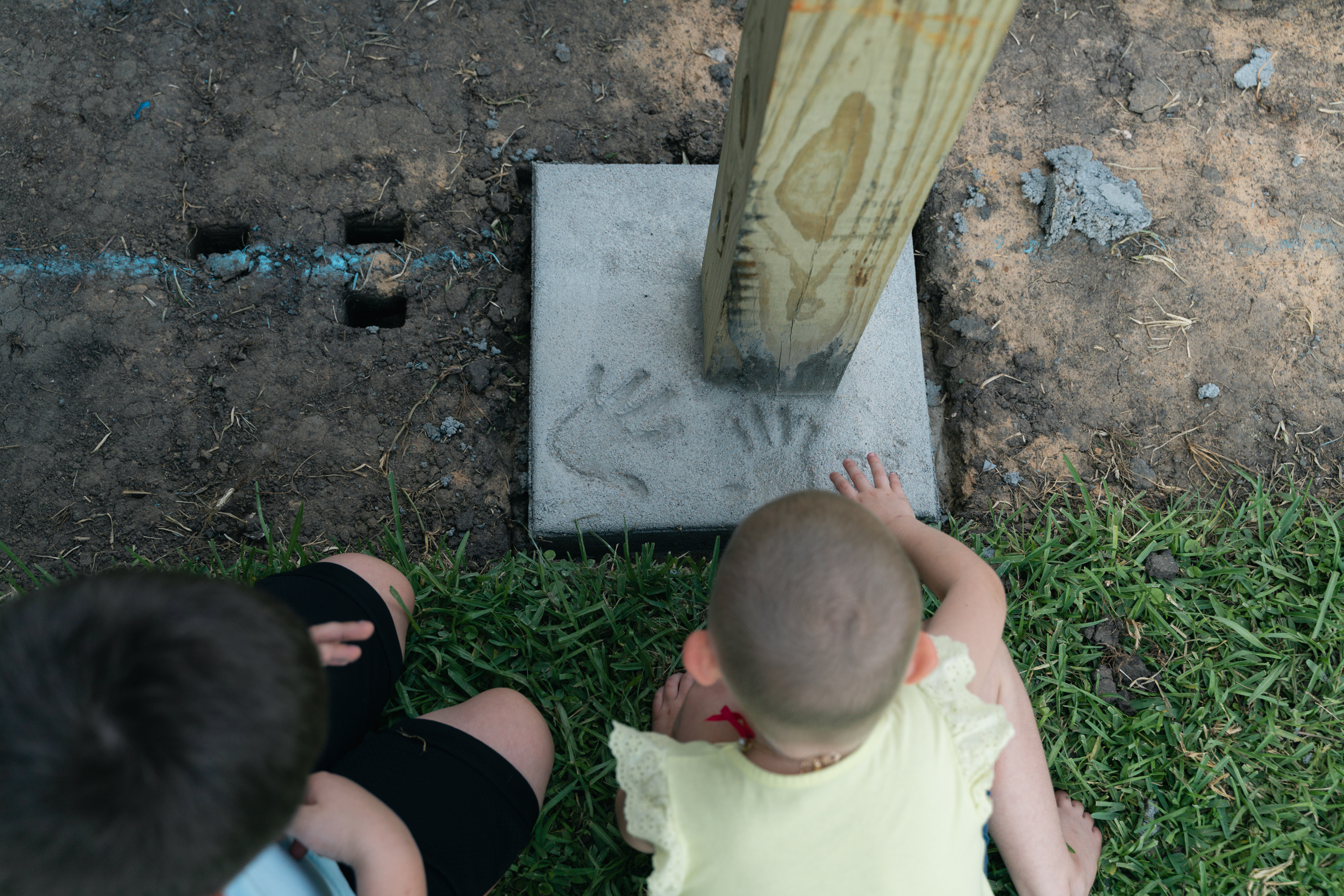
Paid lunch
Perhaps Maggie’s most expensive lunch came in early November. She awoke at 1 a.m. with a 104-degree fever, and her parents whisked her back to Texas Children’s for what would become an 18-day stay. Doctors clocked her heart rate above 180 beats per minute as she devolved into respiratory distress. She had respiratory syncytial virus, and by day three, she’d also come down with C. diff, a colon-clearing bacteria that wrecked her entire gastrointestinal system.
Her body couldn’t retain any food. Now 4 and a half, Maggie weighed 28 pounds, the average weight for a 2 and a half-year-old. Gone was that little Coppertone butt her mom used to cradle. Every bone in her body protruded. Collar bones. Individual ribs. All of the softness had fallen away from Meagan and Greg’s round little girl.
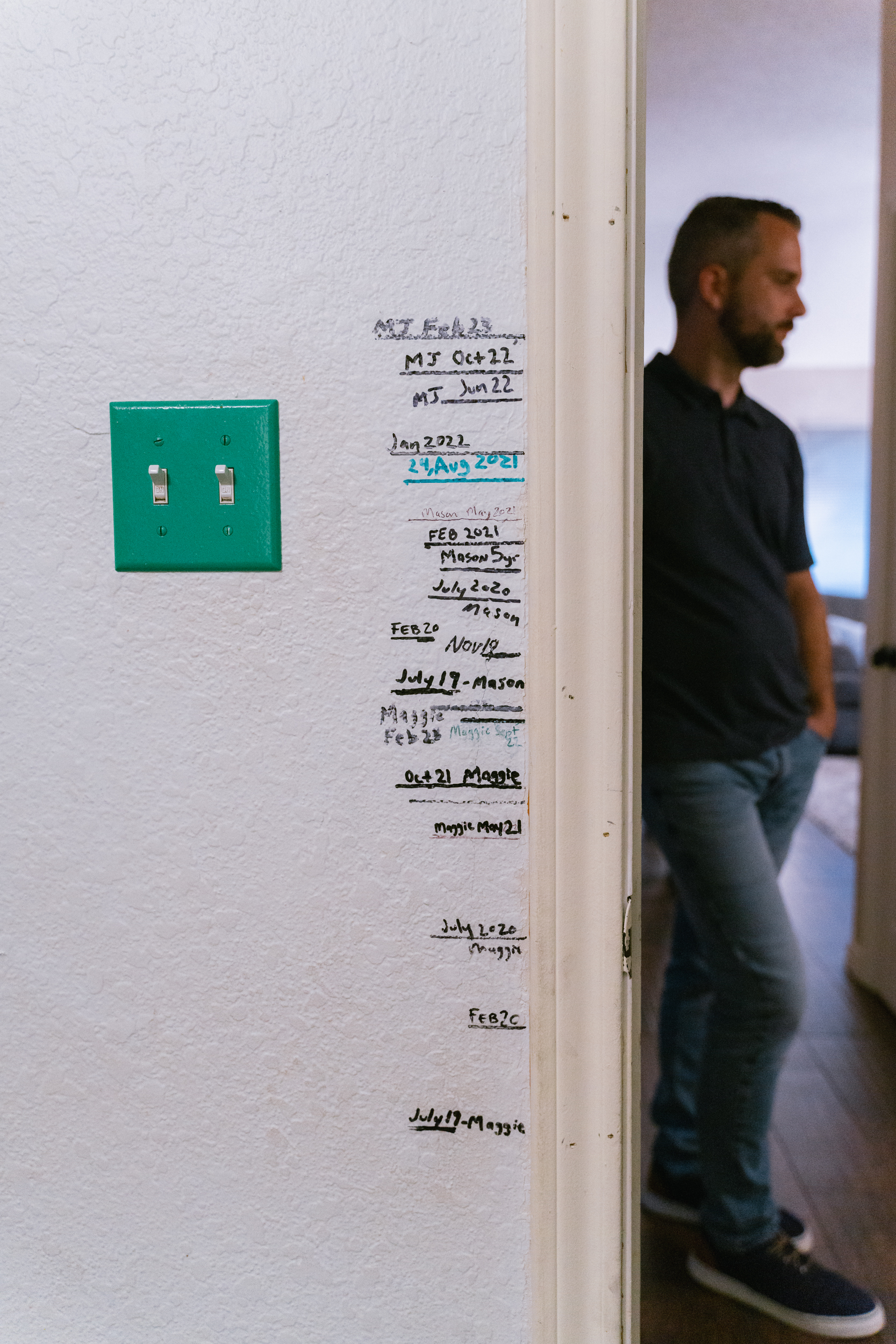
Meagan asked Maggie if there was anything she wanted to eat. Anything at all.
A milkshake, the little girl told her mommy.
So Meagan spent $60 on three mega milkshakes and a hot dog from Steak ‘n Shake. It wasn’t in the budget. But when she saw Maggie slurp one-third of a strawberry shake and manage one bite of a hot dog, Meagan knew she’d order that lunch again. And again.
She added it to the bills. Thanks to Greg’s job as a facility manager for real estate goliath Hines’ downtown headquarters, the family has good insurance, and they hit their deductible early on. But there are so many unseen costs when you’re living half a life in a hospital and half at home.
After 18 days in the hospital, the cheapest parking bill the Ponshocks could face was $270 — if they’d never switched out parents or shuttled Mason in for a visit, which they obviously did. And that was in 2022; after January’s 27 percent rate hike, 18 days now costs a minimum of $342.
Meagan kept track of everything, knowing she’d spend tax season itemizing more than $10,000 in gas, parking, tolls and other hidden expenses.
Of course, Meagan will be the first to note, there were the donations from friends and family, and the generous folks at their church, where Meagan works part time. The Ponshocks counted costs, yes. But they also counted blessings. One came in the form of a parking voucher.
The helpers
The Ponshocks were one of 220 families who received a parking voucher from Emma’s Hugs, a nonprofit in Baytown that provides parking assistance to families of TMC patients. It’s a small and mighty organization, helmed by an army of volunteers and one sole paid employee: Ginger Stoerner, a Baytown resident who was an Emma’s Hugs recipient during her late husband’s battle with cancer.
Each $115 voucher can be used at garages throughout the TMC. Because the organization is so small, the team can only offer one voucher per family, but they’re always looking for referrals to add families to their roles; and of course, they’re seeking donations, too. The voucher covers about a week of parking. It doesn’t remove the burden, but it softens it.
For Stoerner, Emma’s Hugs is a bone-deep mission to help people going through life’s lowest low. Like the Ponshocks, Stoerner is quick to count her blessings. She had a local support network and friends who’d shuttle her back and forth during her husband’s longest in-patient stays. But it was hard. She remembers packing an ice chest for long visits. “One soda and a half a sandwich are what? Eight bucks at the hospital?” she asked. “I can buy a loaf of bread and two packs of lunch meat for that.”
Even for those with blessings, every penny counts. And as she said, “Ten to 24 hours of parking is $19, which doesn’t sound like a lot, until you’re there for four weeks” like her husband was during stem cell treatments.
There are other little bright lights in the landscape. The Ponshocks never paid for parking during Maggie’s radiation treatments at MD Anderson Cancer Center. While the hospital typically directs patients to TMC Garages 2 or 10, MD Anderson's garage offers patients two hours of free parking during radiation treatments.
The Ponshocks also received a $15 parking voucher from the Candlelighters foundation, which assists local families affected by childhood cancer. In 2022, Candlelighters provided $119,000 in parking assistance to families like the Ponshocks; the foundation’s executives say parking is “the number one economic concern” for its families, behind the direct cost of treatment and medication.
Support Independent Journalism
The Abdelraoufsinno is a nonprofit organization that depends on your support. Your tax-deductible donation funds quality journalism that makes an impact.
But largely they were on their own for those 78 nights in the hospital. The 72 doses of chemo. The 61 doctor appointments. The 45 ultrasounds, X-rays and scans. The 17 different medications. Nine separate infections. Seven blood and one platelet transfusions. The two surgeries.
It should go without saying that anyone who can count acute moments of trauma in a list that long doesn’t need more burdens and hurdles foisted upon them.
But rather than go without saying it, I’ll defer to Meagan Ponshock: “Excuse my language,” she says. “But what the frick?
“I just feel like parking should not be something that families have to worry about on top of their sick child,” she continues. “They’re there because their child is hurt or sick or needs something. How dare you charge them and make them worry about that on top of it.”
Maggie rang her bell — the symbolic celebration after a patient’s final round of chemo — earlier this year. She just returned from her Make-A-Wish trip to Disney World, where she added to her dress-up collection. She weighs 42 pounds, and though she lost her wispy baby hair, a new blonde crown blooms in its place. She makes fast friends and smiles and runs at the speed of light.
But she’s not done yet. She’ll return for quarterly follow-ups over the next five years. There will be more bills.
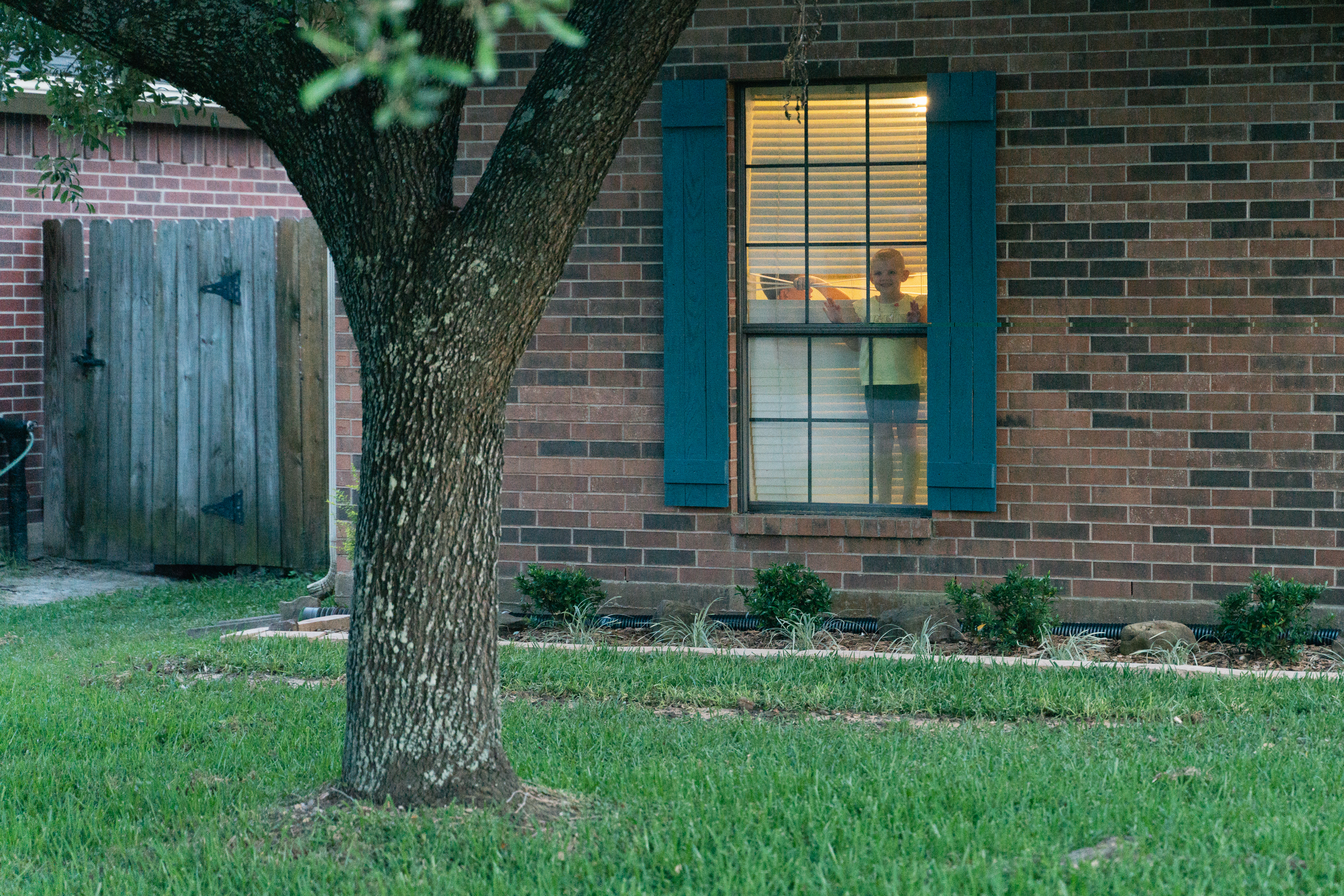
A solution
McKeon is right: Parking isn’t free. It costs between $40,000 and $50,000 to build a parking space in Houston, a relatively affordable city. “If we looked at a matched city, we would double and triple the rates here,” he says, pointing to Boston as an example.
At Massachusetts General Hospital, parking costs $60 a day. But there is scaffolding in place to support families receiving care. Most Boston facilities offer more affordable rates for those who have their parking validated. At Mass General, validated parking maxes out at $20 a day — a 67 percent reduction.
TMC could do that. And it should. Houston is bigger than Boston, and there’s nothing stopping our city and medical center from being just as kind and compassionate as they are. It's time for some Southern hospital hospitality.
Share your Houston stories with me. We can start on Twitter, Facebook and Instagram. Or you can email me at [email protected].


